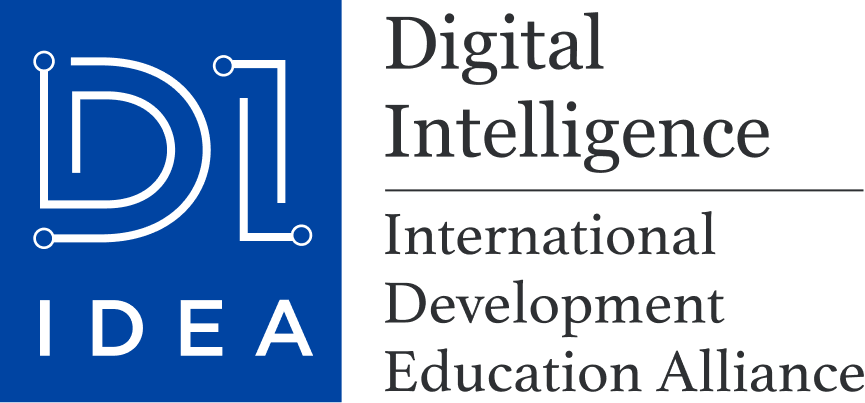Peking University’s “Huaxiaobei” AI-powered Learning Platform
“Huaxiaobei” is an AI-powered chemical experiment learning platform codeveloped by the College of Chemistry and Molecular Engineering, the Center for Excellent Teaching and Learning, and the School of Electronics Engineering and Computer Science at Peking University. Centered on chemistry as a foundational science, the platform features three core functions: knowledge Q&A, feedback reporting, and proposal assessment. These features create a 24/7 intelligent learning environment for students. The platform not only expands the scope of experimental teaching but also provides personalized learning support, offering tailored learning experiences, intelligent services, and precise management.
Built on an advanced large language model (LLM) and trained on high-quality, domain-specific data in the field of chemistry, the platform significantly boosts model accuracy and practicality. It employs a heuristic questioning mechanism that instantly responds to students’ questions on a wide range of topics, including experimental principles, operational procedures, and chemical safety. The platform also generates and assesses students’ assignments based on the breadth and depth of their inquiries, fostering proactive learning and critical thinking.
Moreover, the platform offers intelligent evaluation of academic papers and experimental proposals, providing specialized feedback and optimization suggestions, thereby enriching teaching strategies and improving overall teaching quality. By leveraging knowledge graph and experimental skills graph technologies, it integrates dispersed knowledge and skills into a systematic, intelligent educational support system.
Through the analysis of students’ behavior data, the platform generates personalized learning profiles and learning analytics reports, helping instructors accurately identify each student’s educational needs and potential shortcomings. This data-driven foundation facilitates the implementation of tailored instructional designs. Additionally, the platform dynamically adapts experimental content and teaching difficulty based on students’ progress and proficiency levels, ensuring that each student develops at their own pace, thus enabling individualized instruction.
